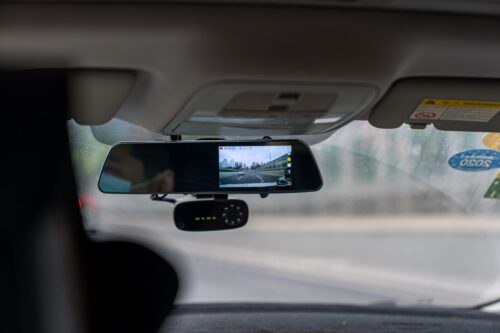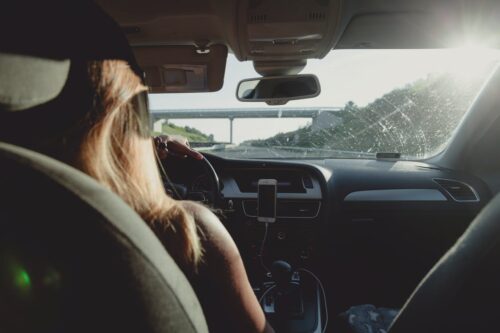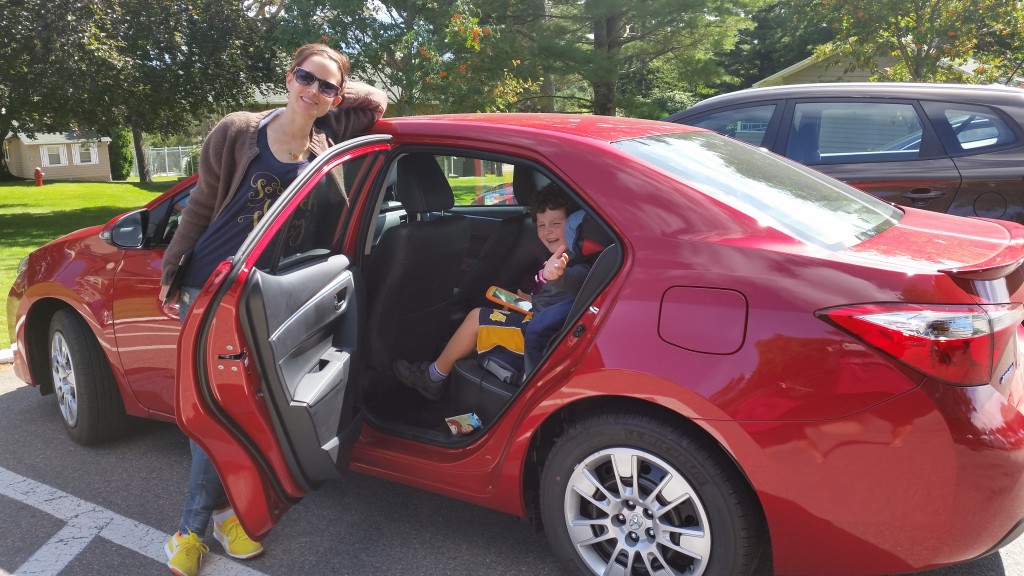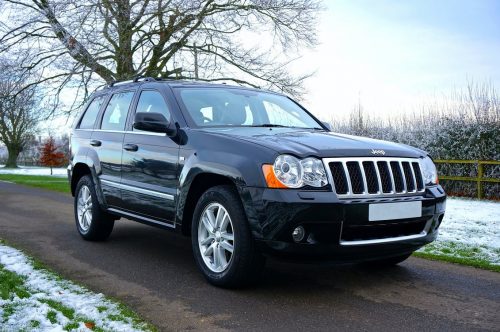
Unfortunately, the United States is one of the countries with the most road traffic. Indeed, there were nearly 284 million vehicles on the road in 2021. Therefore, unfortunately, accidents, whether they are severe or minor, are unavoidable. With 228.7 million registered drivers in the US and further drivers traveling from foreign destinations, it is fair to say that roads are busy. Busy roads mean:
- Every second matters
- People are more likely to make mistakes
- Rush hour traffic can increase stress levels behind the steering wheel
- The presence of disruptions in cities encourage inattention behind the wheel
- More unexpected situations that drivers must react to every day
Even with the best of wills, a careful driver could still be involved in a car accident. However, when that happens, there is a lot you can do to protect your rights and seek evidence.
Check for injuries
After an accident, your first priority is to ensure that everybody is safe. This includes yourself, your passengers, but also the people in the other vehicle or bystanders. If you suspect an injury, you should immediately contact an ambulance. Depending on the situation, you may also want to get in touch with the local firefighting services.
Not every vehicle involved in an accident gets in touch with the local authorities. More often than not, people try to arrange things between themselves if there is no serious damage made to people or vehicles. In reality, involving the police from the start can help protect your rights, as the police can help sort out the situation. They can also record evidence based on the position of the vehicles and your answers to routine questions.
Inform your car insurer
Your car insurance provider will serve a dual purpose in the event of an accident:
- They can provide support and guidance to help you go through the essential steps
- They can pay for damage or sort out damage payment with the other insurer
Your insurer can also help determine whether the other vehicle is insured based on their registration number. At this point, you can also take photos of the scene for future evidence. You may not require to use the photos, but you don’t want to take chances. Ideally, the other driver should provide their name and contact details, including insurance-related data.
Be on the side of the law
Does it make sense to involve a team of personal injury lawyers after a car accident? The answer is yes. Having legal professionals on your side can help speed up the process with car insurers. Additionally, if you have sustained a serious injury that affects your future lifestyle and income, personal injury specialists are here to help protect your income and your family.
Additionally, lawyers can also prove useful in smoothing out many administrative tasks after an accident. They can offer legal advice, so you know how to react and what to do next. Having lawyers to handle your situation can also ensure nobody will take advantage of your situation.
Rely on dashcam footage
Not every car is equipped with a dashcam. However, if you have recently added a dashboard camera to your vehicle, you may want to review the footage of the accident. It could reveal important information to defend your rights, such as:
- Traffic signals
- The speed of the other vehicle
- Unavoidable obstruction on the road
- Etc.
You may also want to reach out to the owners of the vehicles parked along the road in case their dashcams also recorded the accident.
Ask for witnesses
In some cases, the police may launch a public call for witnesses by using signs placed on the scene of the accident and reaching out through their social media. However, you can also seek witnesses by yourself through social media, local press, and signs in local shops. Remember to provide the exact date, time, and location of the accident, your contact details, and a photo of the accident if relevant.
Provide mechanic care evidence
Not everyone will blame the accident on the vehicle rather than the driver. However, it can be a good idea to collect and keep evidence of repair and servicing done to your vehicle. If the expert decides that a technical fault caused the accident, you can provide invoices proving that the vehicle was looked after.
Typically, faults tend to include:
- Poor brakes
- Worn out tires
- Clutch and pedal issues for petrol vehicles
- Electrical faults in electric vehicles
In conclusion, the last thing you want after a car accident is to hope for the best. Ideally, you should already take some precautions before any accident, such as maintaining your vehicle and investing in car insurance. The purchase of a dashcam can prove advantageous if you need to demonstrate your version of the event. Finally, involving medical, police, and legal experts can make a huge difference!



















